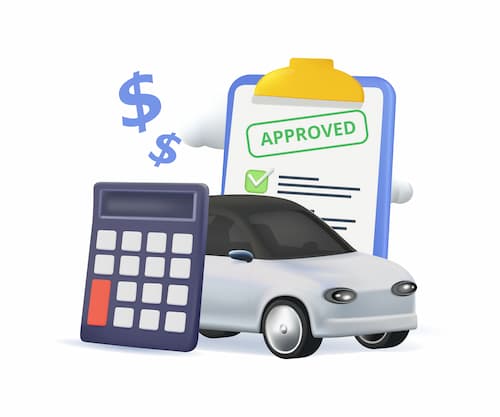What is stop-loss insurance?
By self-funding their own plans, businesses take on the risk of their employees' healthcare expenses. Stop-loss insurance is a layer of protection in case health insurance claims exceed a certain threshold.
Also called excess insurance, stop-loss coverage protects against catastrophic losses the company won't be able to cover.
What are the types of stop-loss insurance?
There are two types of stop-loss insurance--specific and aggregate coverage.
- Specific stop-loss insurance covers extreme losses for a person covered by the plan. Say, for instance, an employee has a catastrophic illness or injury and racks up extraordinary medical bills. The specific stop-loss coverage would kick in when the bills exceeded a certain level defined in the policy.
- Aggregate stop-loss coverage protects employers when total claims by the entire group exceed a certain level, such as 125 percent of the cost of projected claims.
Stop-loss insurance is particularly important for smaller businesses that may not be able to withstand major losses; when shopping for small business insurance, consider the coverage if you plan to self-insure your employees.
As a small business owner, it's essential to carefully consider the risks of self-funding your group health insurance plan; standard insurance may be less risky.



